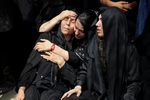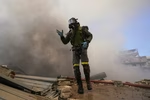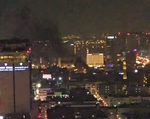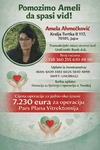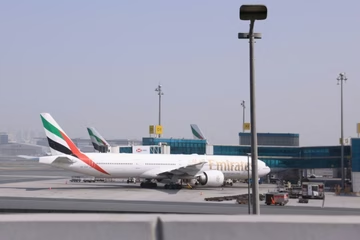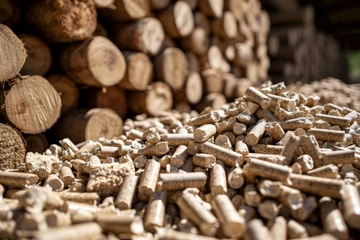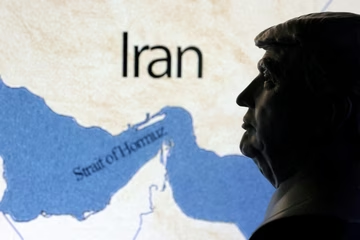
For five months now the Salakovac refugee centre in the south of Bosnia and Herzegovina has been a shelter to dozens of migrants who arrived in Bosnia on the way to their final destinations in western Europe.
The refugee centre is fully packed with migrants, who have been coming and leaving over the past months. However, 217 of them currently staying there are likely to spend the winter in Bosnia.
“I plan to go to Germany with my family. But for now we are staying here, we don’t lack anything. Accommodation, food, everything is good. The clothes are the only thing we don’t have,” a migrant from Iran, Rahim, said for N1.
Alen Kajtaz, the Red Cross Secretary, said they could face the food shortage soon. They only have enough of the food until the end of this month and are not sure what to do next. They are even considering the option of giving up on the assistance to migrants.
“The Red Cross of the City of Mostar cannot keep exhausting its own resources forever. We cannot cancel all those programmes and projects we have been working on for a long time, we cannot bring into question the work of the soup kitchen that is preparing 350 meals a day, and all those activities that Red Cross carries out. That option is always open but I hope the modality for the certain financing will be found as of November 1,” Kajtaz said.
According to Edin Denjo, the camp manager, the migrants have absolutely everything they need here and their food supplies are sufficient to cover the period until the end of the year.
“The centre operates in the full capacity. There are many organisations that work here from the very beginning, including the Red Cross, the World Vision, Save the Children, Initiative of Women of Bosnia and Herzegovina, UNICEF, UNHCR, mostly everyone has their own task we all successfully do, and people are satisfied with the conditions in the camp,” according to Denjo.
Three babies have settled down in the camp, which is located in the vicinity of Bosnia’s southern city of Mostar. The medical examination showed the many children who found a shelter in the camp were not vaccinated. Doctors are paying regular weekly visits to the camp and representatives of the International Organisation for Migration (IOM) are taking migrants to the Mostar hospital when needed.
The healthcare of migrants has been regulated through contracts, where primary health care is secured through a deal between a local hospital in Mostar and Bosnia’s Ministry of Security, while the secondary health care is taken care of by the UNHCR.
Bosnia has been struggling with the increasing number of migrants who are trying to reach western Europe. After the previously known routes via Serbia and further to Croatia and Hungary have been shut down, thousands of migrants poured into Bosnia. They all expressed intention to seek the asylum, as a part of the regular procedure after reaching Bosnia’s territory, but a few have done so. The migrants’ goal, as they said, were the western Europe countries.
Kakvo je tvoje mišljenje o ovome?
Učestvuj u diskusiji ili pročitaj komentare





 Srbija
Srbija
 Hrvatska
Hrvatska
 Slovenija
Slovenija








